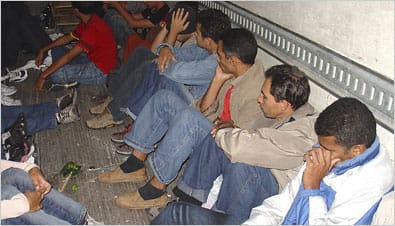The Minnesota House of Representatives witnessed a significant disruption as members of the Democratic-Farmer-Labor (DFL) party chose to boycott the opening session of the legislative year. This decision was not made lightly, as it stems from a series of political disagreements and frustrations that have been brewing within the chamber. The DFL’s absence was intended to send a clear message regarding their dissatisfaction with the current political climate and the direction of legislative priorities.
The boycott was organized in response to what DFL leaders described as a lack of collaboration and transparency from the majority party. They expressed concerns that critical issues affecting Minnesotans were not being adequately addressed in the legislative agenda. By refusing to participate in the opening session, DFL members aimed to halt the business of the chamber, thereby drawing attention to their grievances and the need for a more inclusive legislative process.
This action is part of a broader strategy by the DFL to assert their influence and push for changes in how the legislature operates. The party has been vocal about its desire for a more equitable approach to governance, one that prioritizes the needs of all Minnesotans, particularly those who have been marginalized in previous legislative discussions. The boycott serves as a tactical maneuver to highlight these issues and to rally support from constituents who may feel similarly disenfranchised.
The implications of this boycott extend beyond the immediate disruption of the session. It raises questions about the effectiveness of the legislative process in Minnesota and the ability of lawmakers to work collaboratively across party lines. The DFL’s decision to boycott could lead to further tensions within the chamber, potentially impacting the passage of key legislation in the coming months. As the session progresses, the dynamics between the parties will be closely monitored, with many observers eager to see how this situation unfolds.
In the wake of the boycott, leaders from both parties have expressed their views on the situation. The majority party has criticized the DFL’s actions as counterproductive, arguing that boycotting the session does not serve the interests of the constituents they represent. They contend that open dialogue and participation are essential for effective governance and that the DFL’s absence only hinders progress on important issues.
Conversely, DFL leaders have defended their decision, asserting that their boycott is a necessary step to demand accountability and transparency from their colleagues. They argue that the legislative process should be inclusive and that all voices must be heard in order to create policies that truly reflect the needs of the people. The DFL’s stance is that their actions are not merely a disruption but rather a call to action for a more equitable legislative process.
As the situation develops, it remains to be seen how this boycott will affect the legislative agenda and the relationships between party members. The DFL’s actions may inspire similar movements among other political factions, potentially leading to a more contentious atmosphere in the Minnesota House. The coming weeks will be critical in determining whether the boycott will lead to meaningful changes in the legislative process or if it will result in further polarization among lawmakers.
In conclusion, the boycott by Minnesota House DFLers marks a significant moment in the state’s legislative history. It underscores the ongoing challenges faced by lawmakers in navigating a complex political landscape and highlights the importance of collaboration and communication in governance. As the session continues, the impact of this boycott will be closely watched by both political analysts and constituents alike, with many hoping for a resolution that fosters a more productive and inclusive legislative environment.


